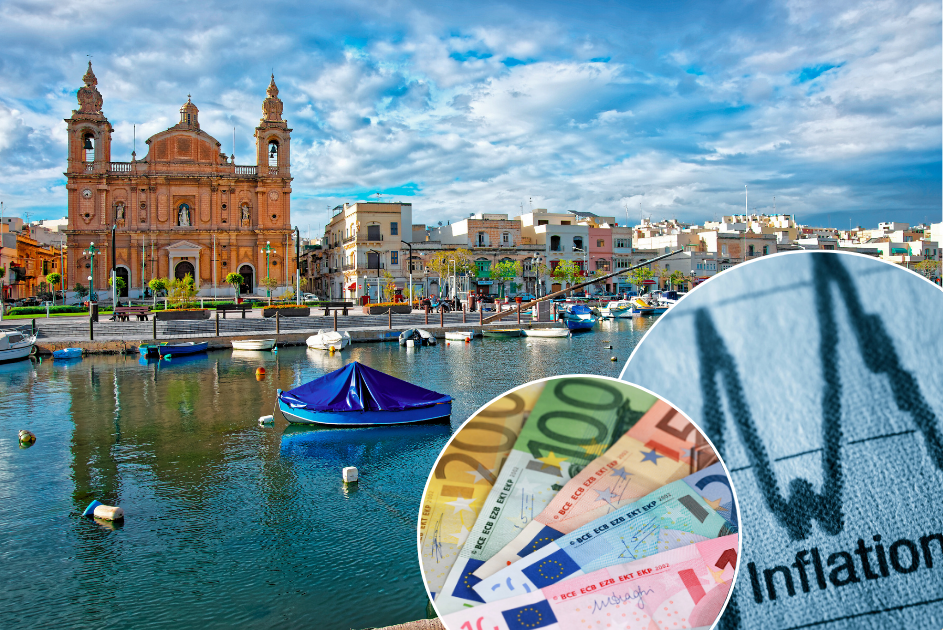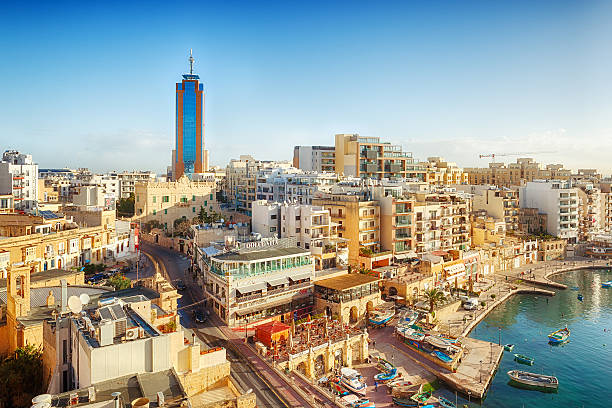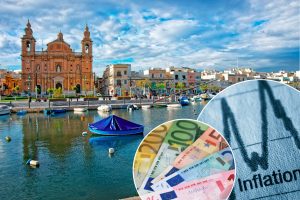We’re used to seeing a daily dose of bad news in the media. We all know what’s going on in Malta- we have terrible drivers, construction noise is something that will live forever, and the list goes on. Among all topics, it seems Economics and politics are the two main topics where the negative news does not end.
However, as far as economics is concerned, despite the sharp downfall that is expected in areas such as international investment, there are some sectors in the economy that are the reason Malta stays afloat.
What’s been good about Malta lately?
The Maltese private sector, with key industries including like IT, financial services, and digital marketing has seen rapid growth in recent years.
These sectors are on the rise thanks to favorable tax and legislative environments and an increasingly diverse workforce.
We examined some of these in depth and will explain how they have been so successful.
Information Technology
The IT sector has seen rapid growth in recent years. On average, the industry contributes 6% to Malta’s Gross Added Value (GVA) – a key indicator of economic productivity.
Malta’s IT companies realized that specializing in a certain niche would give them an advantage on the global stage. So, companies that offered specific solutions and bespoke products became market leaders in their niches.
Fintech and blockchain companies are the most prominent examples. Many other sectors are also using software-based tools to study data and improve operational efficiency, like transportation, healthcare, manufacturing, and human resources.
In today’s world, Malta stands out because almost all of its government services are online. Local companies provided this, which sped up the industry’s development.
Another stream of value that enables continuous growth in the IT sector in Malta is the English-speaking and skilled workforce as well as the country’s proximity to Central and Western Europe.
Here are some numbers about the software development industry growth.
iGaming
The rise of iGaming in the country may be seen as a combination of all the above.
It’s no secret that tax incentives are one of the biggest reasons iGaming companies set up in the EU. But the country’s embracing of new technologies, low-cost working environment, multilingual population and inviting climate are also big reasons.
Providing the infrastructure and legal framework required to support this new industry has also played a big part in promoting iGaming in the country. Malta was the first EU member state to introduce a set of online gambling regulations in 2004, with its Remote Gaming Regulations.
Digital and Online Marketing
This is another online industry that’s benefited from the rise of IT in the country. Other factors have also played a big role, including Malta’s adoption of digital marketing as a way to grow.
A recent study by Eurostat found Malta to rank amongst the top countries in the European Union to employ digital marketing in advertising by SMEs (small and medium-sized enterprises), with 46% of such companies using the internet for advertising and 71% utilizing social media for the promotion.
ICON, itself an established local software company, surveyed 83 local businesses from the IT, medical, financial, beauty, and media industries.
In the survey, key findings overwhelmingly signal towards the growing magnitude of social media marketing in Malta, and how that is reflected in tangible things like resource allocation.
Indeed, almost half the participants (46%) predict that digital marketing budgets will steadily increase in the near future. Also, ICON’s survey predicts an increase in local mobile marketing, which promises to be the next big thing.
Tourism
Malta’s favorable weather, ease of access, and widespread use of English as a primary language have always made tourism an important part of its economy. The sector has experienced enhanced growth over the last 20 years, with visitors to Malta rising year after year.
As a comparison, revenues in 1995 were just over 800 million USD; by 2021, they were over 2 billion USD. Despite the COVID-19 pandemic causing huge short-term damage to the industry, the Maltese government’s Tourism Strategy 2021–30, called “Recover, Rethink, Revitalise”, aims to fix this and make the sector less vulnerable. Aside from tourists, English language schools also play a big role in the success of the sector.
As we can see, Malta continues to perform well in many key areas of emerging economic growth, supporting both new and established industries. However, these industries will not keep Malta afloat for too long. If Malta fails to both improve and support these sectors while continuing to ignore problems like losing investors, Malta will continue to live with its head slightly above the water.















